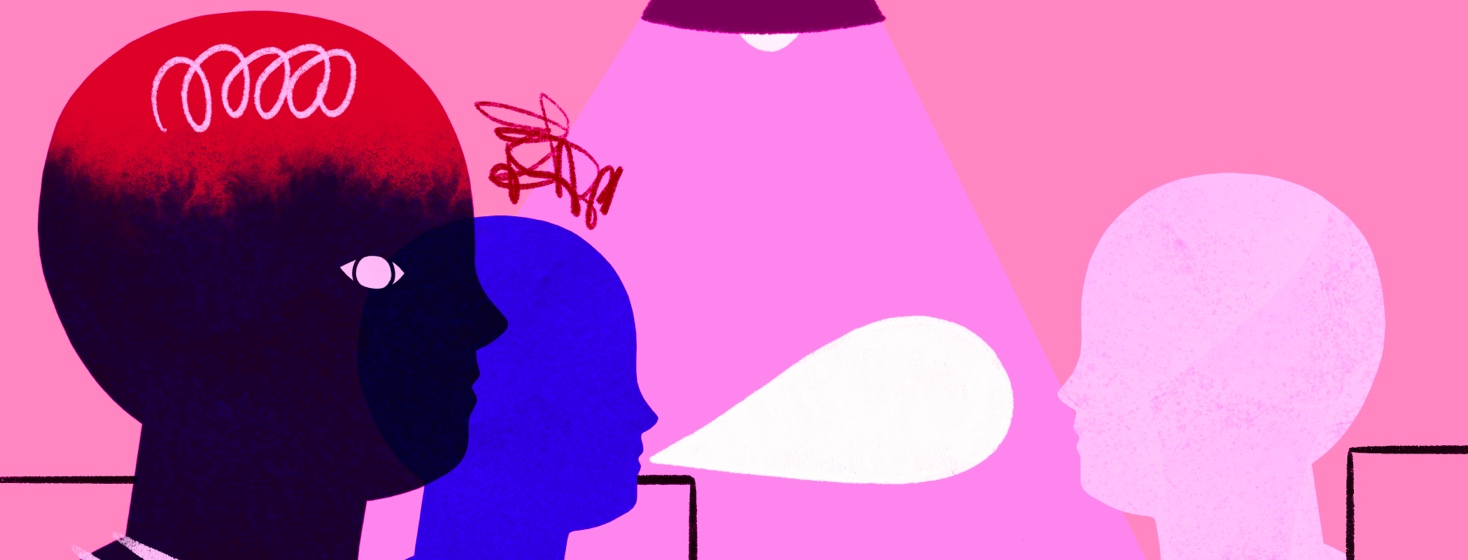Family Therapy and Schizophrenia
Schizophrenia affects not only the person with the mental illness but also their family. Common schizophrenia symptoms like hallucinations, delusions, and disorganized thinking can make it hard to predict how your loved one will act on any given day. Even the closest families may have conflicts as they try to give their loved one with schizophrenia the support they need.1
Family therapy that is provided in a collaborative, positive environment can help you and your loved ones work together and improve outcomes as you navigate life with schizophrenia.
This or That
Have you ever done family therapy?
Family-focused therapy
Antipsychotic medicines and community-based care options can help people with schizophrenia cope with their illness. Family-focused therapy (FFT) is designed to improve relationships among family members. FFT is a type of psychotherapy, also called talk therapy. A group taking part in family therapy can include a spouse, parents or guardians, siblings, aunts and uncles, and even close friends.2,3
The goals of FFT can include:2
- Understanding the difference between the personality of the person with schizophrenia and their mental illness
- Accepting that your loved one needs psychiatric drugs to treat their schizophrenia
- Recognizing which stressful events may cause symptoms and learning coping strategies
- Educating family members about schizophrenia and reducing stigma
- Building coping and problem-solving skills
The role of the therapist
Family therapy is led by a licensed mental health professional. They may be a licensed marriage and family therapist who specializes in working with families. The therapist should provide a safe and supportive environment where all members of the family are treated fairly. Trust in the therapist must be in place for family therapy sessions to be successful.3
To help families through the therapy process, the therapist will:3
- Help clarify what each family member is hoping to get out of the therapy sessions
- Ask about any concerns and fears related to family therapy
- Encourage active listening rather than cross-talk or interruptions
- Help everyone involved understand how their words and body language affect others
- Offer strategies for changing patterns of behavior that cause conflict
The impact of family therapy
Many studies have explored the impact of family therapy as part of a comprehensive treatment plan for schizophrenia. One of the main goals of family therapy is to develop a collaborative relationship between the family and their loved one's treatment team to help the person with schizophrenia improve their quality of life.2
These studies have proven that when used as part of comprehensive treatment plan, family therapy has a positive impact on the patient's recovery, with a significant reduction in schizophrenia re-admissions and relapses. Plus, family therapy also helps improve the patient's social functioning and how well they stick to their medication plan.2
Several studies have also shown that family therapy also improves the social functioning, levels of burden, and coping strategies in those who are caregivers to people living with schizophrenia.2
The role of psychoeducation
Psychological education (psychoeducation) is a vital part of family therapy. It is designed to teach people with schizophrenia and their families about the illness. Psychoeducation sessions look at the causes, progression, outlook, and treatment of the disorder, including:4
- Common symptoms
- Early warning signs of relapse
- Coping skills
- Dos and don'ts for dealing with a loved one with the disorder
- Misconceptions about the illness
Family psychoeducation is key when dealing with someone whose symptoms might lead to a lack of insight. They may be reluctant to take medicine or be heading toward a severe relapse. When families are educated about schizophrenia, they can help their loved one and have less conflict and more stability overall.4
